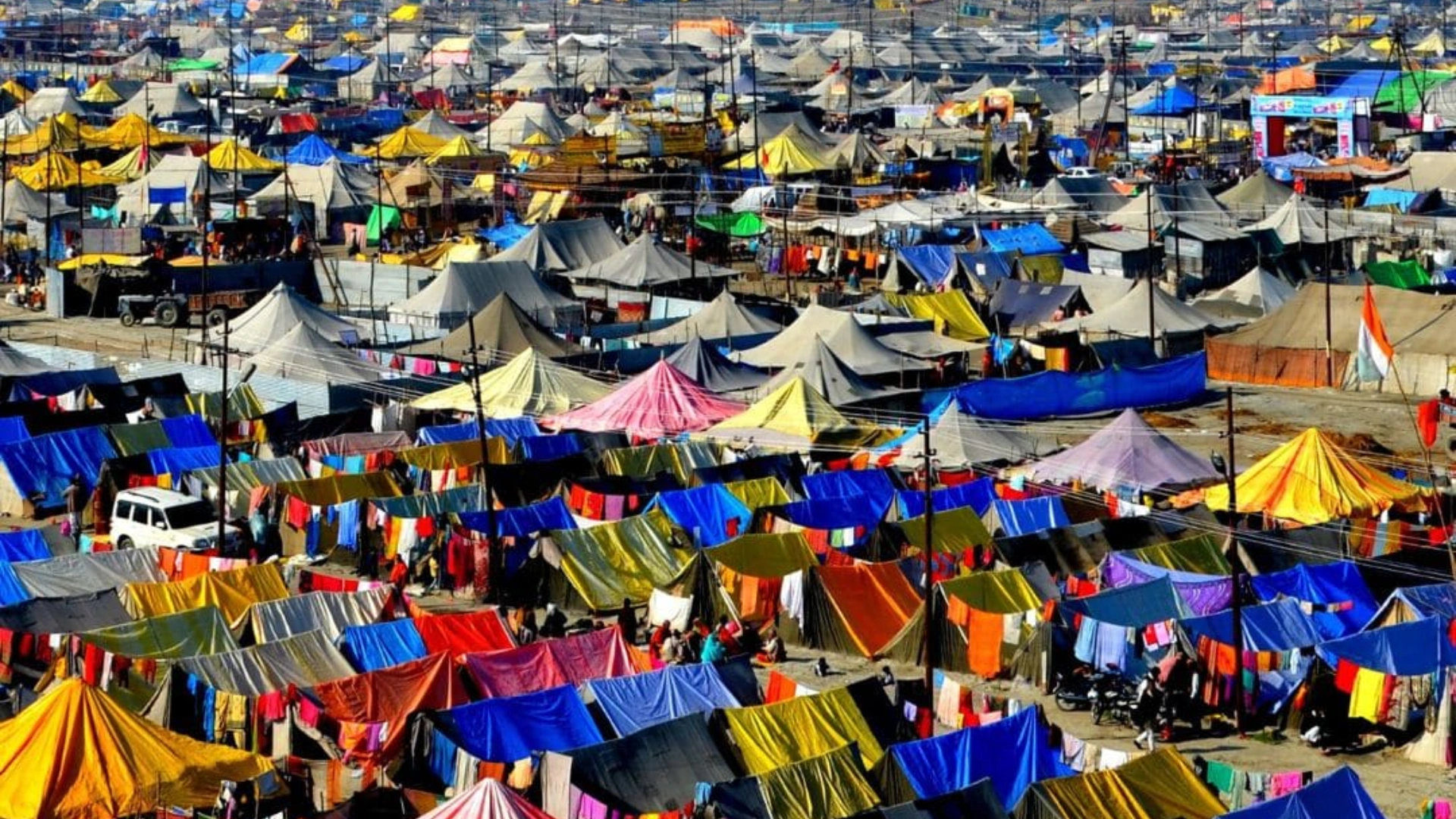At the Legally Speaking event, a heated discussion unfolded about the current state of India’s Constitution and the perceived threats to it. D. Raja, Member of Rajya Sabha from the Communist Party of India (CPI), and Rakesh Sinha, former Member of Rajya Sabha from the Bharatiya Janata Party (BJP), shared their views on the Constitution’s resilience, the role of political parties, and the challenges it faces in contemporary India.
D. Raja: Constitution Under Threat?
D. Raja opened his argument by stating that the Constitution is indeed under threat, pointing to the central theme of the Lok Sabha elections, where it was often debated. He warned that some leaders were giving the impression that the Constitution could be replaced, a notion that threatens the democratic fabric of the nation. Raja highlighted Dr. B.R. Ambedkar’s caution on January 26, 1950, the day India became a democracy. Ambedkar had warned that India’s democracy might not last long, and that it was vulnerable to being undermined.
According to Raja, Ambedkar had also vehemently opposed the idea of turning India into a theocratic state. Raja stated, “If India becomes a Hindurashtra, it will be the biggest calamity for the country.” He emphasized that safeguarding the Constitution, which guarantees democracy, was crucial, and that any move away from its core principles could destabilize the nation.
Rakesh Sinha: Defending the Constitution
Rakesh Sinha, countering Raja’s statements, claimed that the entire discourse in the constituent assembly never mentioned the concept of a “Hindurashtra.” He argued that the Constitution is under attack due to actions of the ruling government, particularly the Communist Party (CPI). Referring to historical incidents, Sinha explained that during Nehru’s tenure, the Communist Party had been expelled for not adhering to constitutional values. He accused the CPI of trying to undermine the Constitution through their actions and past collusion with the Congress Party.
Sinha added that the current discussion about constitutional amendments was rooted in an attempt by some groups to degrade the Constitution’s moral foundation. He highlighted the dangers of shifting from a secular democratic republic to a “one nation, one election” model, arguing that this would dilute the Constitution’s essence.
Sinha also pointed to past instances such as the Emergency and the curbing of press freedom under Congress rule as violations of constitutional values. He then turned to the debate around the inclusion of socialism and secularism in the Constitution. While K.T. Shah had proposed adding these terms, Ambedkar had opposed them, believing they would compromise the Constitution’s original spirit.
Comparative Politics: India, China, and America
A significant portion of the debate revolved around comparing India with other countries. D. Raja and Rakesh Sinha both voiced strong opinions on this topic. Raja refuted the comparison between India and China, stressing that India is unique, with its diverse population and democratic ideals. Sinha, on the other hand, defended India’s secular identity, pointing out that Hinduism, despite being the majority religion, has faced oppression in many parts of the world. He argued that India’s secularism is based on its majority Hindu population, unlike the theocratic states of Pakistan and Afghanistan.
Sinha addressed concerns about press freedom, referring to the Home Minister’s statement that the stick is used to silence unruly voices, akin to the press curbs seen during the Emergency. He argued that secularism, while essential, should not be manipulated for political gains, and that it was crucial to understand the historical context in which India’s secularism emerged.
D. Raja on the State of Democracy
In his response, D. Raja raised concerns about the rights of Dalits, tribal communities, and women, questioning the government’s commitment to upholding equality as enshrined in the Constitution. He also criticized the relationship between the Congress and billionaire George Soros, stating that this connection showed how untouchability still exists within the political framework. Raja also pointed to Kerala as an example, where literacy rates were high, yet the BJP had sought electoral bonds, which the Supreme Court later deemed unconstitutional.
The debate between D. Raja and Rakesh Sinha at the Legally Speaking event brought to light the divergent views on the Constitution’s current state in India. While Raja expressed concerns about its erosion, particularly regarding democratic values and secularism, Sinha defended the Constitution as a robust mechanism for governance that is continuously challenged by forces undermining its core principles. Both speakers emphasized the need to uphold the Constitution, but their perspectives differed significantly on the causes and solutions to the challenges it faces in modern India.
This debate underscored the ongoing relevance of the Constitution and the need for a continuous dialogue on its protection and interpretation in the face of political pressures.



















